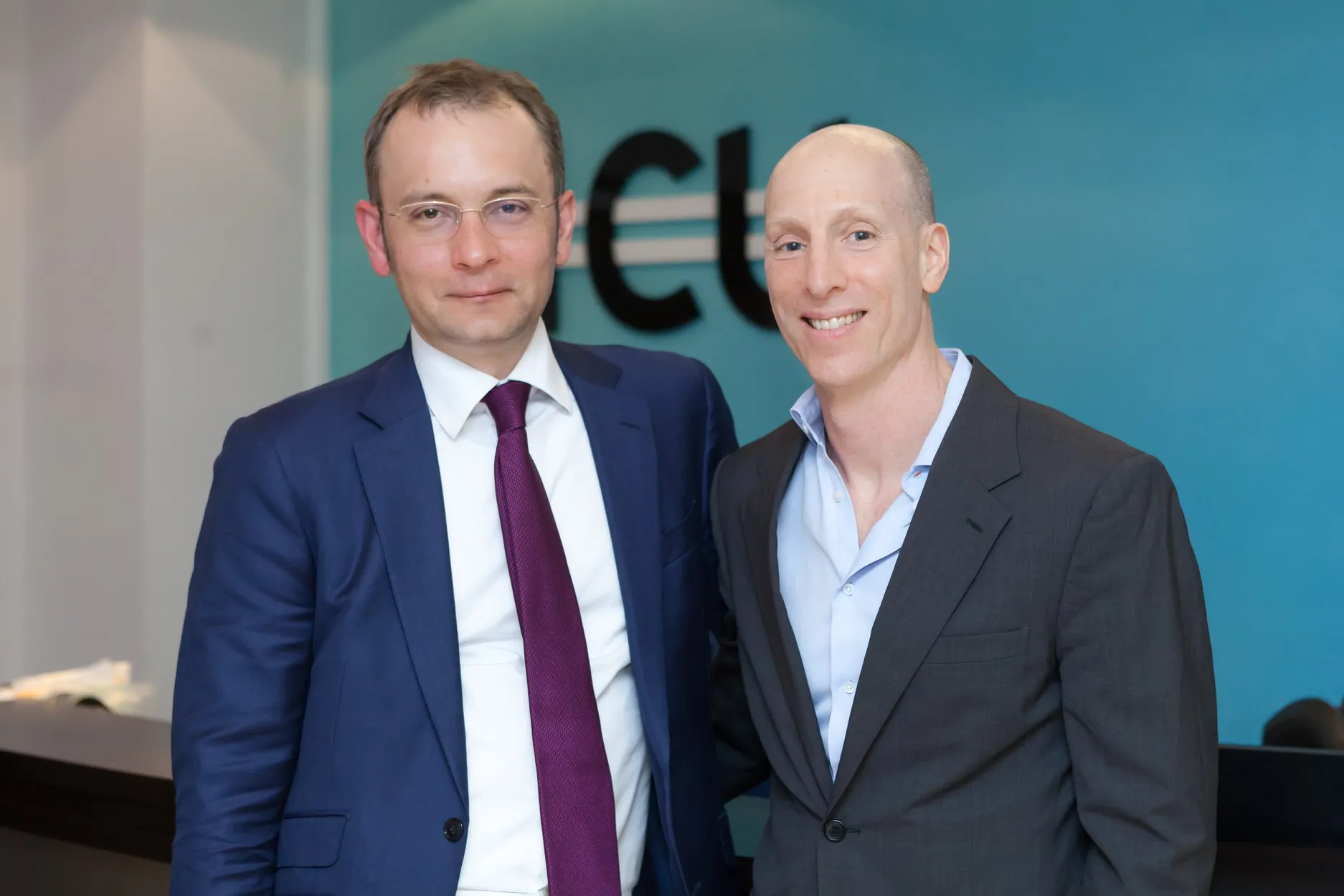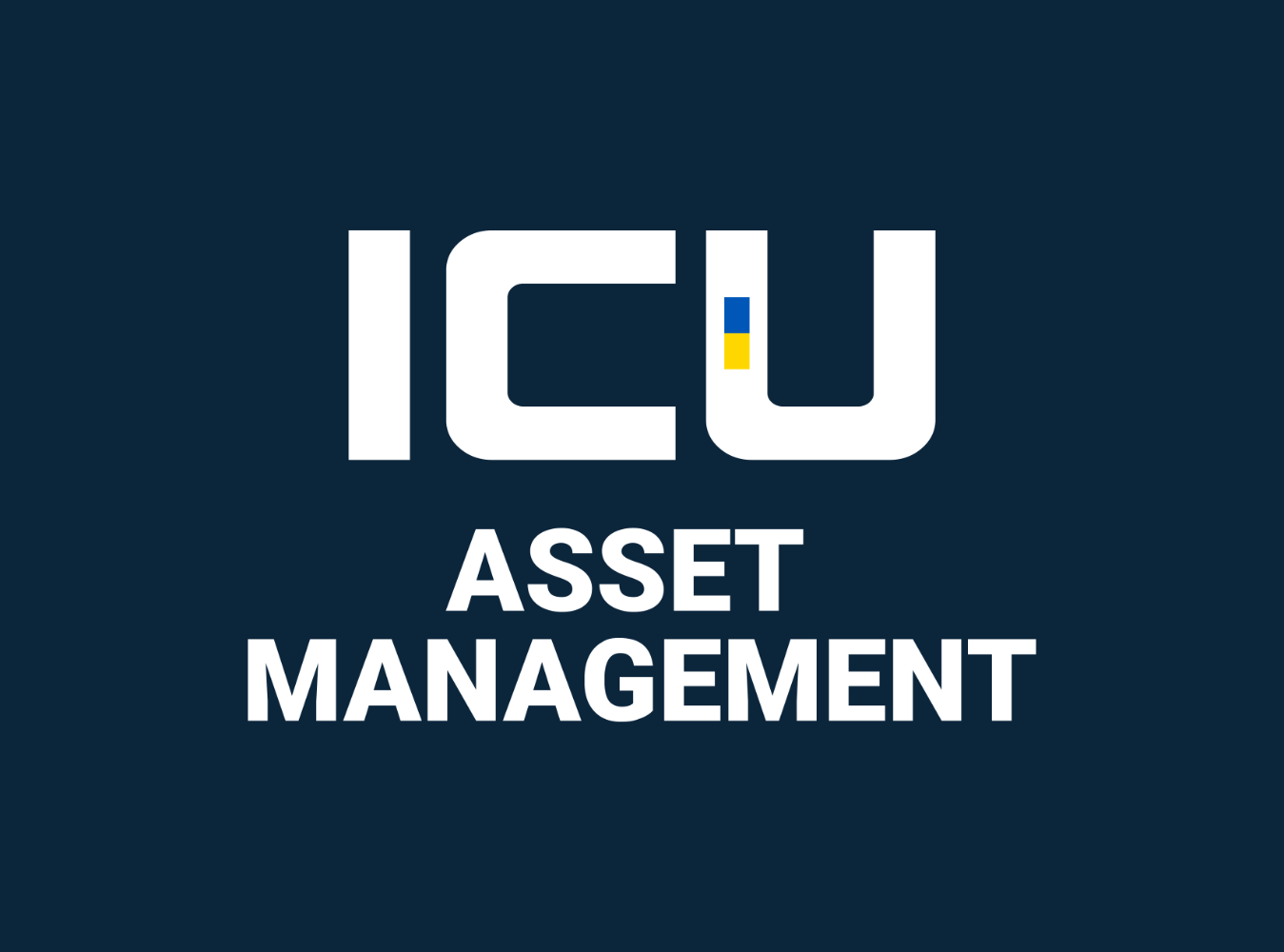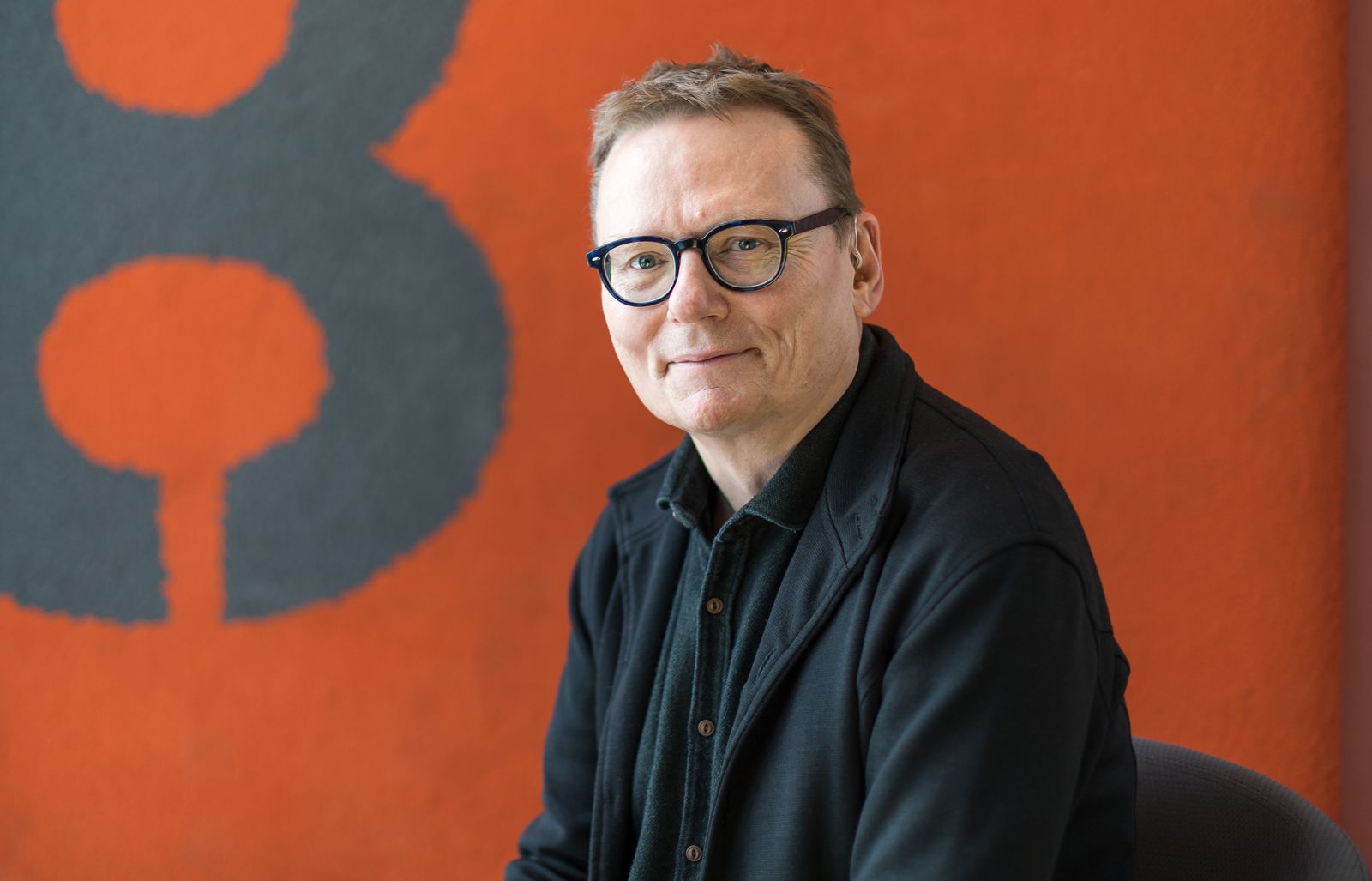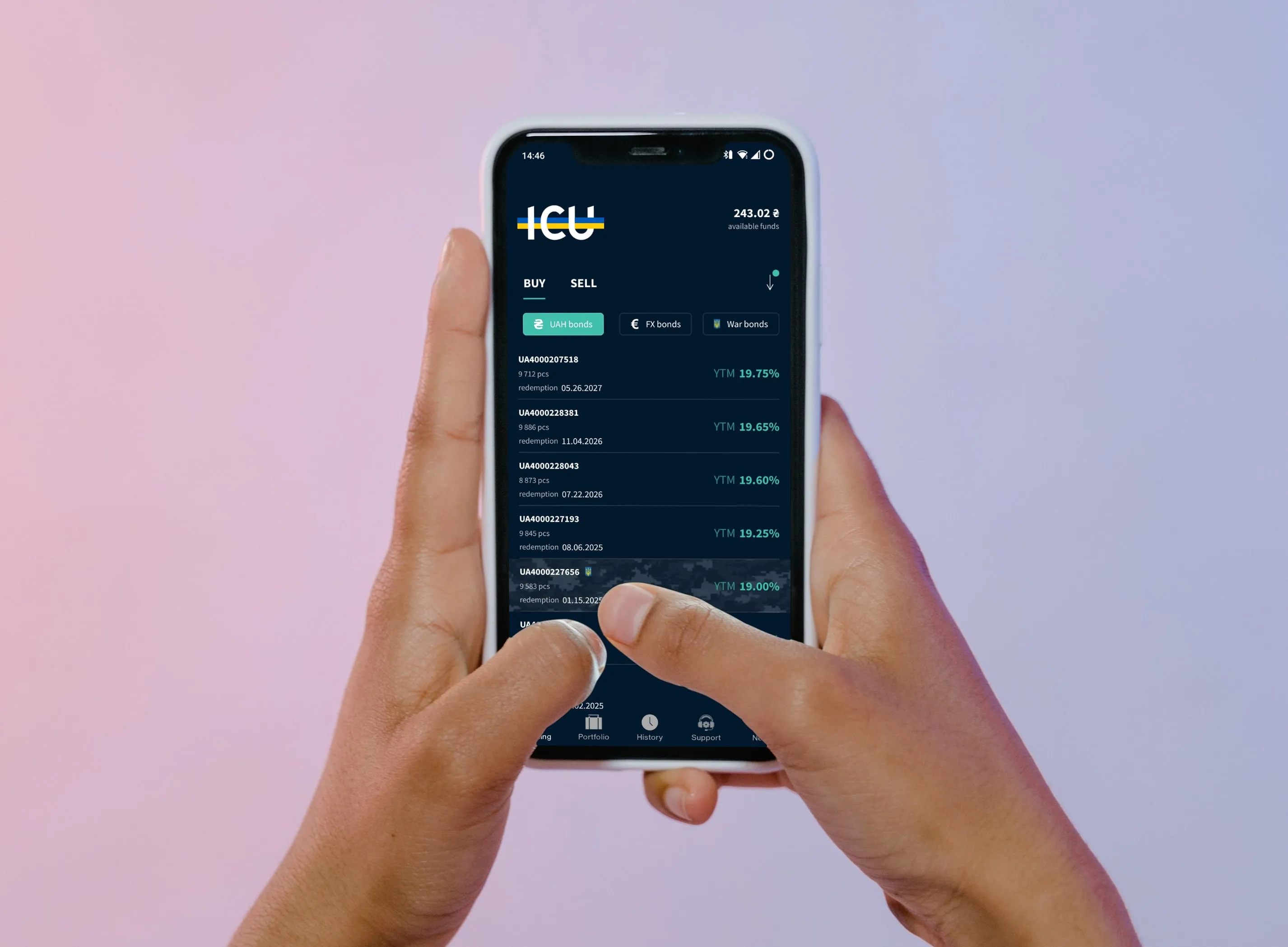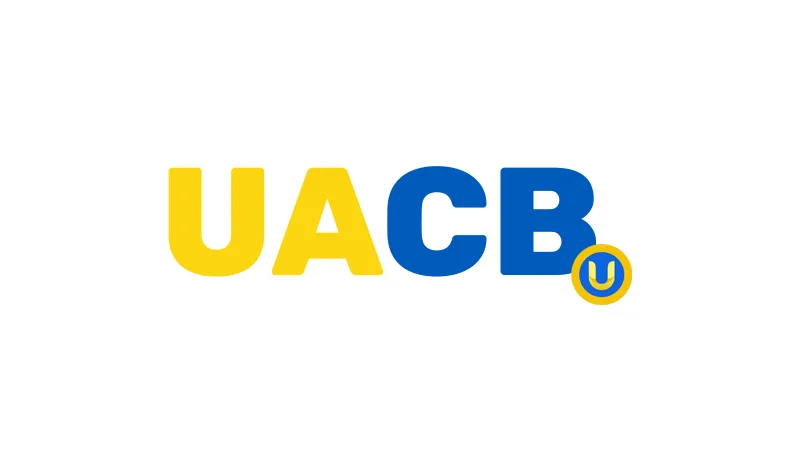The second-largest solar power plant in Ukraine was officially put into operation last month. The power plant is a joint-venture by ICU and VR Capital Group and is situated in the Kamianets-Podilskyi district of the Khmelnitsky region. The plant has a capacity of 64MW.
ICU, an independent asset management, private equity and investment advisory firm specialising in Central and Eastern Europe which is majority owned by Makar Paseniuk and Konstantin Stetsenko, together with VR Capital Group, an alternative asset manager specializing in global emerging markets, have invested US$55m on the project.
The plant will generate 68,200 MW/H of clean energy per year and will be able to supply energy to one-third of all the households in Kamianets-Podilskyi city. This is projected to decrease carbon emissions by 67,000 tonnes annually.
Konstantin Stetsenko said, that the power plant will provide full-time employment to 45 workers and will also allocate UAH2.6m annually to the village budget for rent and will become the biggest tax contributor to the local community. The funds will contribute to the local community’s welfare and social needs.
When asked why ICU decided to invest in alternative energy now, ICU responded by saying that they spent the last few years exploring the space and decided that the time was ripe to invest, especially as Ukraine seeks to diversify its energy source as it currently imports almost 65% of its energy. Makar added that Ukraine currently relies heavily on energy mix of fossil fuels, nuclear, which together comprise over 90% of the country’s energy supply which isn’t sustainable. Add this to the fact that Ukraine has chosen energy independence as one of the priorities and you can see that this is perfect timing to get involved.
With climate change and energy independence in mind, Ukraine has committed to a series of emission reduction goals, having signed the Paris climate agreement. The central aim of the Paris agreement is to strengthen the global response to the threat of climate change by keeping a global temperature rise this century well below 2 degrees Celsius above pre-industrial levels.
Following this agreement, the Cabinet of Ministers has adopted a new energy strategy for the country which reaches to 2035. A major part of that strategy was focused on alternative energy. For these reasons, Konstantin Stetsenko believes that there’s no doubt about the promising prospects for investment in renewable energy. At present, the total share of renewables is currently around 8% in Ukraine. Solar is the fastest growing energy source, amounting to over 60% of electricity generation from renewables.
Indeed, over the past three years, almost Eur700 million has been invested in ‘green’ energy with EUR 300 million allocated to set up 278 MW of renewable energy facilities. And that figure is only set to grow.
Investments in alternative energy projects already represent one of the largest foreign direct investments in Ukraine and will help with the nation’s transition to renewable energy, including meeting Ukraine’s pledge to reduce its greenhouse gas emissions by at least 40 percent by 2030, down significantly from 1990 levels and in accordance with the 2015 Paris accord.
Richard Deitz, President of VR Capital Group, commented that their investment is a tangible expression of their support for the structural reforms taking place in Ukraine.
He added that foreign investors have taken note of the tremendous progress in Ukraine has made in the face of great adversity since the 2014 events. VR Capital is one of the largest foreign investors in Ukraine, having invested more than $1 billion in the economy. Richard Deitz reiterated VR Capital’s commitment to Ukraine and stated that they are proud to be able to contribute to the development of green energy in Ukraine along with his partners Makar Paseniuk and Konstantin Stetsenko at ICU.
Konstantin added that this is an exciting new investment area for ICU. It is one of three joint projects that ICU is currently working on with VR Capital Group. The other project is in Kherson city and it is the first solar power plant to be located in the city. The plant has a peak capacity of 35MW and it will be able to supply energy to one-fifteenth of all the households in Kherson city. The plant is forecast to cut carbon emissions by 38,000 tonnes annually. ICU and VR Capital are also in the process of building a number of medium-sized solar stations in the Mykolayiv region.
Makar Paseniuk commented that he is confident that these projects will provide significant support to achieving energy independence of Ukraine by focusing on alternative energy sources and will help decrease the number of harmful emissions into the atmosphere.
He added that the current efforts to develop renewable energy in Ukraine represent the first large-scale government project to create a national investment product. Between 2014-2018, Ukraine had gone through a tremendously difficult political and economic period, and this resulted in investors largely steering clear of Ukraine. Despite such an adverse environment, Ukraine still saw some $2.4 billion invested in renewable energy over the past five years according to Makar Paseniuk. Ukraine’s total green energy capacity is set to increase by 50 percent this year.
He expects to see another $2 billion of investments to flow into the sector this year. The growth in the sector is partly spurred by the green tariff law which helped launch the market and made it more accessible. Thanks to the green tariff law, multinationals such as Total, NBT, Scatec Solar, Acciona Energia, Akuo Energy which have access to large amounts of capital have flocked to invest in the sector.
Richard Deitz and Makar Paseniuk also welcomed the introduction of a new law which will bring an auction-based pricing system. They believe the market-driven auctions system will be fairer and bring in more competition for the sector, especially as the technology needed to build such plants is expected to become cheaper.
Especially since the production of renewable energy in Ukraine is set to become cheaper by 2020, as compared to newly installed coal plants, according to a recent Carbon Tracker report. This follows a global trend in falling price of renewables.
Makar believes that if Ukraine is to fulfil its ambitions to diversify its energy source and comply by its commitment to the Paris climate accords, it is vital that the state supports investments in the sector by creating an environment that fosters growth and where investors feel comfortable and are encouraged to help with the transition to a more sustainable energy source.
_______________
Source: Renewable Energy World


